POEM WITH NO DOGS IN IT
When the dogs were gone, they left behind no song of barks. Dog owners pulled at the leash but no one pulled back. There was no exchange. Just an absence of form. Like the constellation of Canis Major stolen from the sky. Everywhere we went we saw empty jowls, rotten teeth, piles of bare ribs. But in the lack of fur, even the ticks were nowhere to be found. Leopards emerged from the fringes of the city and entered our gated colonies, now that they could not eat the pariahs. We roamed with torches in our hands and fires ablaze. Keelbacks swam in the blackwaters near town. Not just our pets, the dholes were gone too from the ghats. We searched in the dark but there was no god to be found. Our hands missed the grip of muzzles, the pliancy of cocked ears, the watch of tilted gaze. It was a missing of a giant proportion, a giant scale. We raised statues of canines from cardboard, from clay, from the long jaw of memory. Days passed without howls. One by one we lost our vowel sounds.
poem with no [ ] in it
[ ] left in 2029. It was unceremonious. Simple as a surgical stitch on the arm. No five-pointed star blinked in the sky. In the air, not a single string of a mourning harp. Half of us couldn’t even tell what use were the [ ]. Nor the make or function, the colour or scent. Perhaps the sight of [ ] was pretty. Yes, perhaps. It wasn’t necessary for building bridges or laying bricks. It didn’t leave so much as a tear, let alone a scar. Much earlier, they’d gawk at the arrival of [ ]. In fact, they’d wait all year for the seasons to turn, especially, the lovers and the poets. They, who were once us. But now we can’t remember the form of [ ]. Whether it had a face or a heart. A tail or a premonition. What beckoned it to leave or if it came to any harm. The hours are gaunt. Our lips hurt from the cold and the heat. We take what we can. Even if it takes an arm.
the forgetting
Everything was out of joint. We tried to memorize what was going, what would be gone: the tooth of a megalodon, the horns of an urial, the legs of a godwit. Already we had begun to lose the shapes of animals. Already the birds were wingless and bald. When it started to get worse, our clocks broke down. Our alphabets sounded funny, our voices small. Like the slow, automatic hand of a machine, we began to sputter and to speak with a drawl. It grew more rapid, the forgetting of our stories and songs. So we sat our children down. We forced them to muscle their brains and hands to make origami rain and origami frogs. Someone must remember, we repeated in the small conch of their ears. Someone must write it down.
The Glitch
When the ice began to melt, shoals of dead fish washed ashore. It was like a glitch or several meridians malfunctioning. Something geographical, something big. We did all sorts of things to survive. We wrestled the teeth out of eels. We quarried the bones from the mouths of adjutant storks. From the combs and colonies, we took ounces of honey. There was no use to candle our way out of grief. What we needed was meat. Mountains of it. What we needed was water. Fresh water, even sleet. Something that had once protected us, once watched over us, seemed to have gone to sleep. Was God a conked-out machine? There was no time to think. It all seemed empty or late, our hemispheres of guilt, our ideas of fate. We donned our animal masks & waited for the next kill.
Kunjana Parashar is a poet from Mumbai. Her poems have appeared or are forthcoming in Poetry Northwest, Sixth Finch, Singapore Unbound, and elsewhere. Her manuscript They Gather Around Me, the Animals, selected by Diane Seuss, has won the 2024 Barbara Stevens Poetry Book Award. She has received the Toto Funds the Arts award and the Deepankar Khiwani Memorial Prize. She is an associate editor at The Bombay Literary Magazine.
